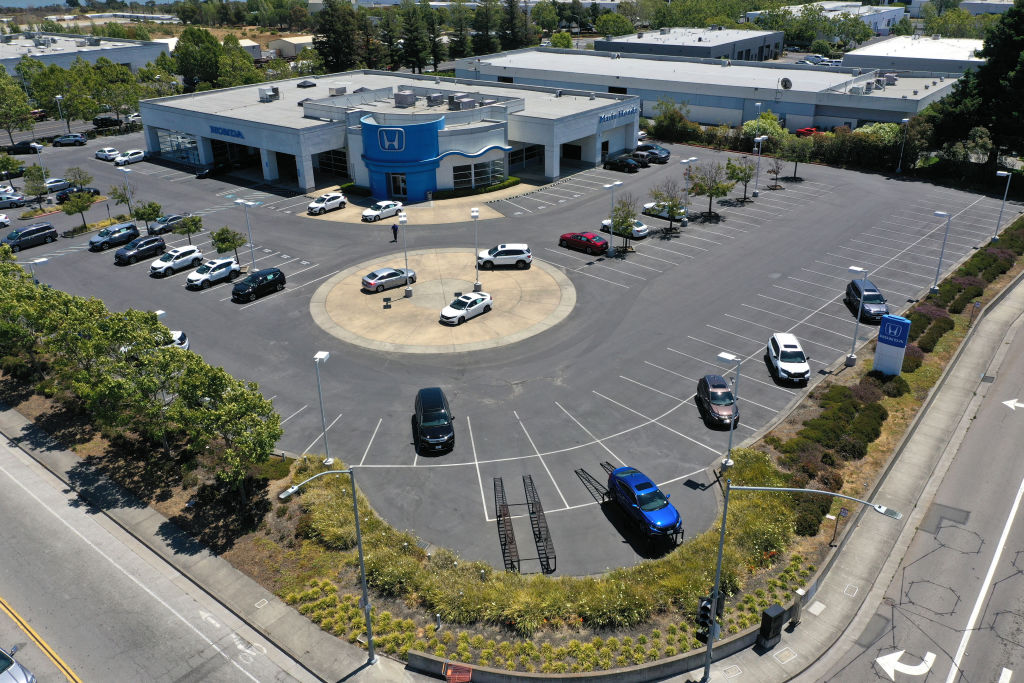Japanese carmaker Nissan is temporarily suspending operations at its assembly plant in Tennessee. The decision was made due to a shortage of semiconductors triggered by the rising number of COVID-19 cases in Malaysia. Nissan’s other plant in the state of Mississippi, will continue to be operational.
Nissan’s Smyrna plant in Tennessee mainly produces the Rogue SUV and Leaf electric vehicles. Nissan management plans to resume operations at the plant from August 30. However, this is subject to how the semiconductor situation develops over that period of time.
Semiconductors are crucial components for just about any industry manufacturing products with modern electronics. Manufacturing a chip can take over three months and requires huge factories, machinery costs that run into millions, high-end laser technology, and vast dust-free spaces.
Specific to the auto industry, semiconductors are used extensively in almost all segments of cars, especially technologically high-end ones. Such cars make use of hundreds of sensors and controllers that are run by complex chips to enhance the vehicle’s functionality, versatility and efficiency. The shortage of semiconductors has made it extremely difficult to continue manufacturing next-generation vehicles.
Nissan Motor Co. and automotive major Suzuki Motor Corp. had earlier announced a temporary halt of production at some of their plants in June. “A global shortage of semiconductors has affected parts procurement in the auto sector. Due to the shortage, Nissan is adjusting production and taking necessary actions to ensure recovery,” a Nissan spokeswoman stated to Reuters.
Success
You are now signed up for our newsletter
Success
Check your email to complete sign up
Two sources from Suzuki mentioned plans to shut production down in three of its plants in Shizuoka prefecture for around three to nine days. The company did not officially confirm the plan. Mitsubishi Motors announced plans to reduce production by around 30,000 vehicles in June at five of their plants in Thailand, Japan, and Indonesia.

In May, Nissan predicted that its vehicle production will be reduced by half a million this year owing to the global chip shortage. “Despite headwinds, we have reduced our losses more than we forecasted due to accelerated transformation, focused on rationalization and quality of sales while enhancing investments in new products and new technologies,” Nissan CEO Makoto Uchida said in a statement.
In early August, General Motors started making adjustments to its production of pickup trucks in three of its factories in North America. Factories of other auto majors like Honda and Toyota were also not fully operational, although they did not indicate any large-scale suspensions at their facilities.















